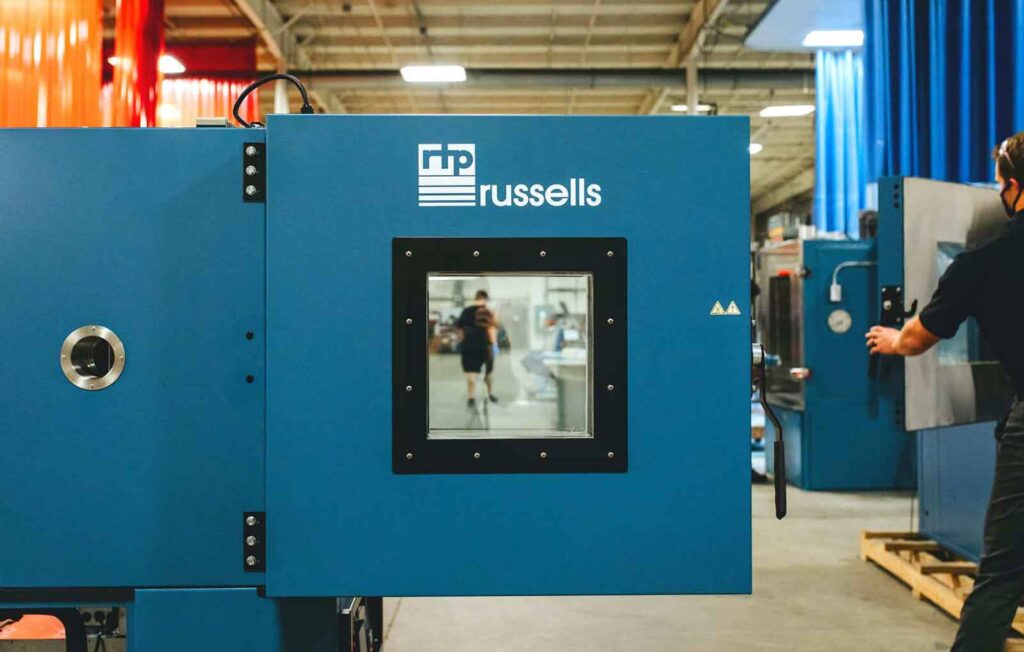No company wants to deal with costly recalls or damage to its reputation due to product failures. Ensuring product safety and reliability is critical. That’s where HALT (Highly Accelerated Life Testing) and HASS (Highly Accelerated Stress Screening) come in. These two powerful testing methodologies are designed to identify weaknesses in products before they reach the market.
What is HALT Testing?
HALT (Highly Accelerated Life Testing) is a pre-production reliability test designed to identify design flaws and failure modes in a product by subjecting it to extreme conditions that exceed its normal operating limits.
Key Features of HALT Testing
Accelerated Stress Conditions: Products are exposed to rapid temperature changes, vibration, voltage fluctuations, and other stressors.
Failure Identification: The goal is to push the product to its breaking point to find weak points early in development.
Design Improvements: Engineers use HALT results to refine designs and enhance product robustness before mass production.
HALT testing is commonly used in industries like automotive, aerospace, electronics, and medical devices, where reliability is non-negotiable.
What is HASS Testing?
Once a product passes HALT and enters production, HASS (Highly Accelerated Stress Screening) takes over. HASS is a post-production test designed to catch manufacturing defects in assembled products before they ship to customers.
Key Features of HASS Testing
Faster Defect Detection: HASS applies similar (but slightly less extreme) stresses as HALT to detect latent defects.
Production Screening: Every unit or a sample batch undergoes HASS to ensure consistency in manufacturing.
Cost Savings: Identifying defects early prevents field failures and reduces warranty claims.
HASS is particularly valuable for high-volume manufacturers who need to maintain quality control without slowing down production.
Why Are HALT and HASS Testing Important?
Early Failure Detection – Identifies weaknesses before products reach customers.
Reduces Time-to-Market – Speeds up reliability validation compared to traditional testing.
Lowers Warranty Costs – Catches defects in production, reducing returns and repairs.
Improves Customer Satisfaction – Ensures products perform reliably in real-world conditions.
How Environmental Test Chambers Support HALT & HASS
To perform HALT and HASS effectively, manufacturers need precision environmental test chambers capable of simulating extreme conditions, including:
- Thermal Shock (rapid temperature cycling)
- Vibration Stress (multi-axis vibration testing)
- Combined Environmental Stresses (temperature + vibration + humidity)
At Russells Tech, we design high-performance test chambers tailored for HALT and HASS applications, helping businesses achieve faster, more reliable product validation.
HALT and HASS testing are essential for developing and manufacturing durable, high-quality products. By uncovering weaknesses early and screening production units for defects, companies can reduce costs, improve reliability, and enhance customer trust.
If you’re looking for HALT and HASS test chambers, Russells Tech provides cutting-edge solutions to meet your reliability testing needs. Contact us today to learn how we can help you build better, more reliable products!
